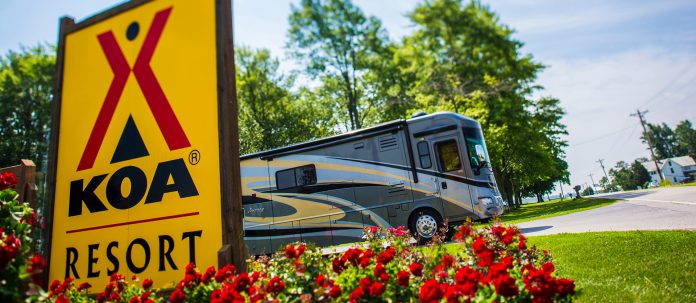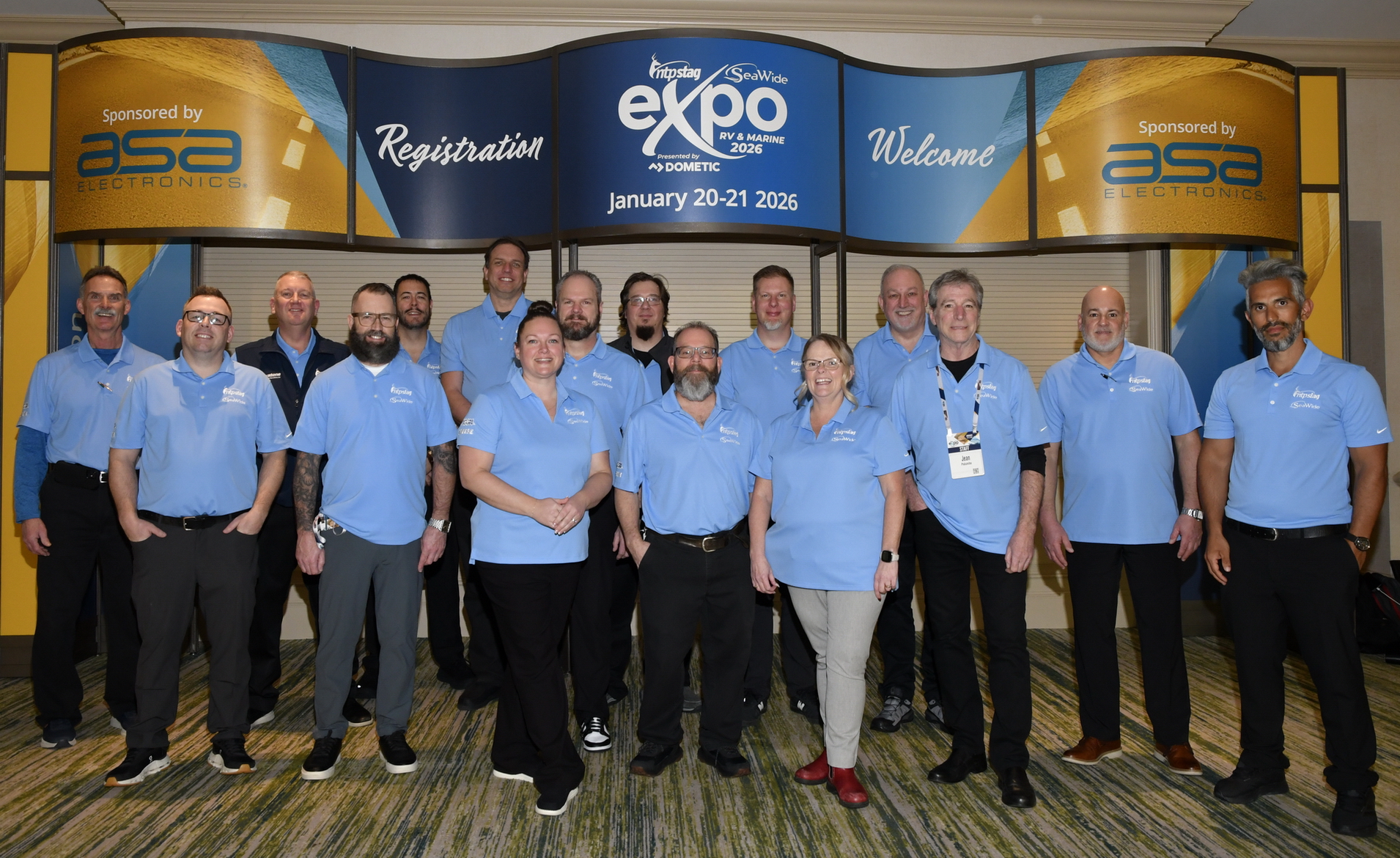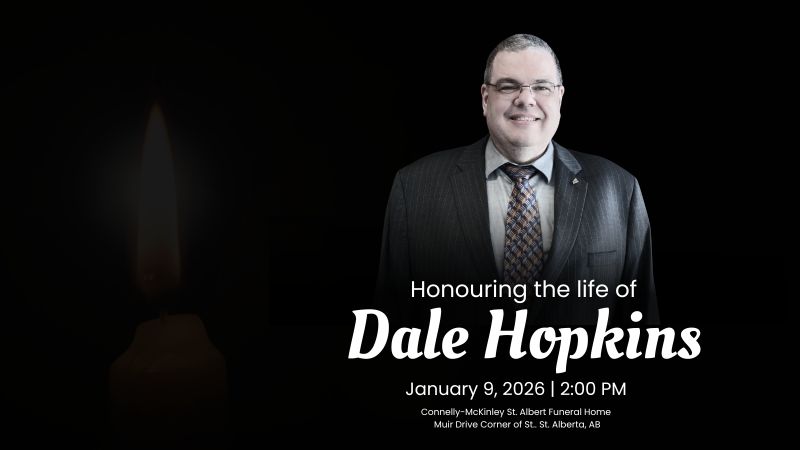Small business owners are the most optimistic they have been since the start of the Great Recession, according to the latest findings from the Wells Fargo/Gallup Small Business Index.
In the quarterly small business survey, which measures the optimism of small business owners, the overall Index score increased significantly to 100 in the first quarter of 2017, up from 80 in the final quarter of 2016 and up 33 points from the same period one year ago. This marks the highest optimism reading since July 2007 when it was also 100 and represents a return to pre-recession levels.
Several factors contributed to the jump in small business optimism this quarter, most notably, how business owners rate their current business conditions. The present situation score – how business owners gauge their perceptions of the past 12 months – shot up 16 points to 40 in early 2017, representing the largest quarter-over-quarter increase in the history of the survey. The future expectations score – how business owners expect their businesses to perform over the next 12 months – climbed four points to 60.
Other key drivers this quarter included:
- Better Financial Situation – 71 percent of respondents said their current financial situation is very or somewhat good
- Increasing Revenues – 45 percent said their business’s revenue increased a little or a lot over the past 12 months
- Stronger Cash Flow – 64 percent said that their cash flow was very or somewhat good over the past 12 months
- Access to Credit – 40 percent said that credit was somewhat or easy to obtain over the past 12 months
“As small businesses are the backbone of our economy, it’s promising to see that business owners have entered 2017 feeling confident and that many are seeing positive trends in their businesses,” said Lisa Stevens, Wells Fargo head of Small Business. “Our latest survey shows us that more business owners are reporting stronger current financials and are well positioned for the coming year, which is helping boost the Index score to its highest mark in nearly a decade. There are many reasons for small business owners to feel optimistic about the future in today’s economy, and we hope this momentum continues in the year ahead.”
Small Business Owners Not Planning on Retirement
Small business owners were asked about their retirement plans, and overwhelmingly the survey found that most plan to work for as long as possible, with 73 percent of respondents expecting to either cut back on work but always maintain some involvement in the business, or never retire until they are unable to work. Another 19 percent expect to sell or transition the business in order to do something else and just six percent said they expect to retire and stop working completely.
In fact, more than half of survey respondents said that if money were no object today, they would continue working in their business either full or part-time; 27 percent said they would retire completely and 17 percent said they would start another new business.
The survey also found that most small business owners do not have a clear strategy for business succession, as 70 percent said they do not have a formal, written plan in place to outline what they’ll do with their business when they retire or are unable to work.
When asked the main reason why they do not have a transition plan for their business, more than half (51 percent) said it is not a priority at this time and 17 percent said they don’t know today how they’ll transition the business. Another 21 percent cited some other reason, and seven percent said they do not have time to work on a plan. Of the small business owners who do not currently have a formal, written plan, 59 percent plan to create one before they retire or stop working.
“A great challenge for small business owners can be developing a business transition strategy for how to handle business operations when they are ready to retire,” said Tony McEahern, head of Wealth Planning for Wells Fargo Private Bank. “Building a transition plan should be part of the overall business planning process from the beginning. It’s important to put a formal succession plan in place, which outlines the management roles as their business grows, evolves and changes.”
Small business owners also said they are actively saving for retirement; 82 percent of small business owners said they are currently saving or investing money toward their retirement, and 76 percent said they think they’ll have enough money to live comfortably in retirement, up 10 percentage points from when this question was last asked in 2014.
When business owners were asked to identify the most important challenges facing their business today, government regulations rose to the top of the list (14 percent) followed by attracting customers and finding new business (12 percent) and taxes (9 percent). Hiring and retaining quality staff, the economy and financial stability/cash flow were also reported as top concerns (eight percent). These challenges have been consistently reported as the top concerns of small business owners since early 2013, although the order of concerns shifts from quarter to quarter.
































